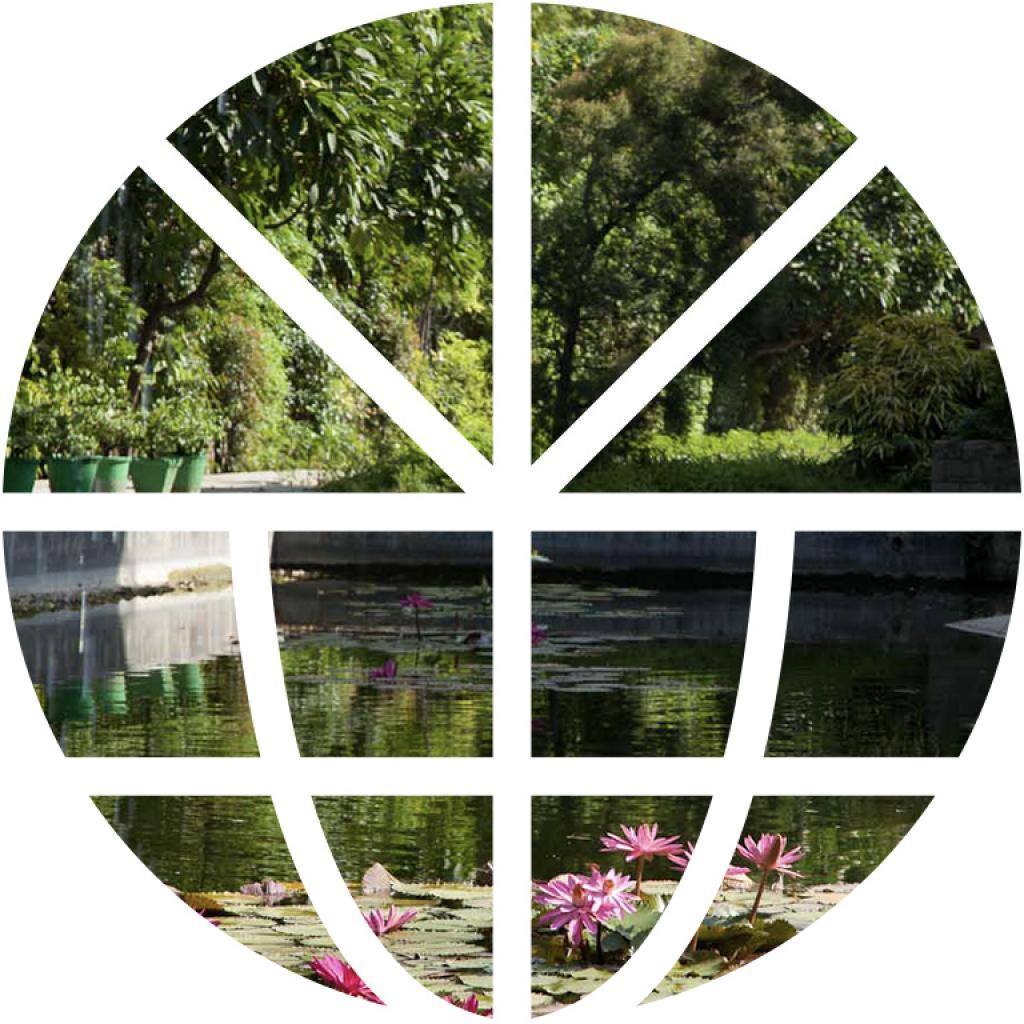Asli Azaadi (45 min; 1997; dvd; Hindi/Gujarati with English subtitles)
09 March 2020, 05:30 am
Asli Azaadi (45 min; 1997; dvd; Hindi/Gujarati with English subtitles)
Asli Azaadi (45 min; 1997; dvd; Hindi/Gujarati with English subtitles)
Produced & Directed by Sagari Chhabra, award-winning author and film director who will introduce the film
A landmark film with interviews of women freedom fighters – known and unknown women who were inspired by Mahatma Gandhi and Netaji Subash Chandra Bose
Followed by
‘Hamaara Itihaas Archives’
Discussion and introduction to India’s first multimedia archive of surviving freedom fighters and witnesses of Partition across India and South-East Asia

